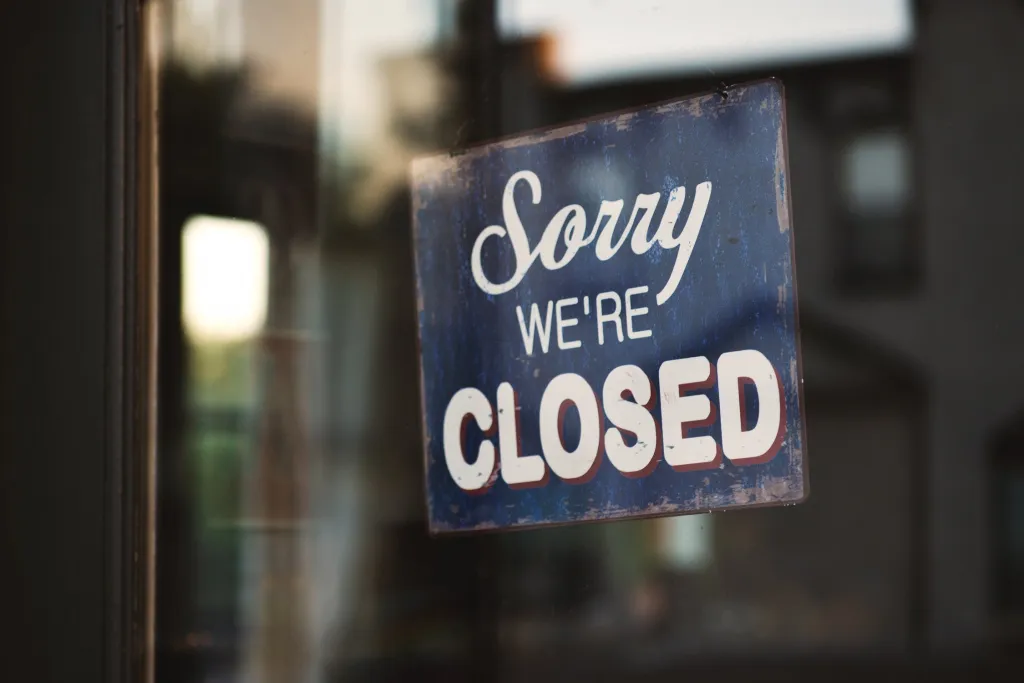A lot of small businesses are owned by people who once worked as an employee for another company and that justifies how they learned their skills, trade and experience. Deciding to go independent by owning a business is a good move but have you asked why a lot of small businesses fail at the first year or within the first two years?
SBA defines a small business as a firm, independently/privately owned and operated.
Although a lot of factors make this companies close their business like a large chain store with which the competitors compete finally appears in the area and reduces sale, or the economy but while the bad economy or a bigger competitor may push some businesses under, a number of small businesses make it nonetheless.
Hopeful entrepreneurs start out with great zeal but little real focus on what it takes to be a successful business owner – Michael Gerber
Having zeal is not enough for business but rather an entrepreneur needs to recognize the importance of responsibilities. Unlike larger companies and corporation where responsibilities are divided, as a startup you have a lot of responsibilities to handle in your business such as collection, competitive intelligence, customer service, finance, human resources, information technology, legal compliance, marketing, purchasing, sales, and strategic planning. In running a business, all this responsibilities are to be handled.
Let me explain something very fast. The fact that a business fails doesn’t mean it went bankrupt at the time of closure. A business can close or discontinue operation if; the owner of the business dies, when the business owner realizes that the business is generating insufficient returns compared to the effort being put into it, business bankrupting (only a little failed business close up because of bankruptcy).
When businesses fail, certain factors are responsible which are;
- Managerial Inadequacy
- Financial Inadequacy
- External Factors
Managerial Inadequacy
This is the most common reason why small businesses fail (about 2/3 of every failed business come managerial inadequacy), is managerial inadequacy. When business owners and managers are incompetent in handling businesses due to lack of business skills, certain technical skills and poor marketing. Others includes lack of/poor communication skills with both employees and customers, not listening to criticism, and no formal planning, it is visible that small businesses with shutdown or go out of business.
Financial Inadequacy
When I mean financial inadequacy, I am taking about finance problem which could be start-up, cash-flow, and or financial management. One reason my small businesses go out of business is underestimating the importance of start-up capital. They often times do not have enough capital available which means the business cannot thrive as expected. Also, cash-flow management is the key to a continuous operation in a business. A lot of small businesses do not pay close attention to cash-flow in the business so as to have an effective financial control. Also, most business owners fail to listen to their accountant financial advices which unfortunately often causes the business to go out of cash.
External Factors
Business failure doesn’t have to be internal alone as often time external factors such as the economic environment play a major role. Some of external factors include addition of higher percentage of VAT by the government on loans increasing interest rate on the small business, economic meltdown or downturn, Product or services no longer needed by consumers, fraud and disaster both natural and artificial (Theft).
Conclusion
The failure of a business do not often mean a business went bankrupt as bankruptcy often comes with debts with no financial by the business to settle. A business could fail and not be regarded as being bankrupted. Not forgetting that factors like slowness to adapt to market reality, distancing self from customers and disagreement within the company over strategy can lead to business failures.

